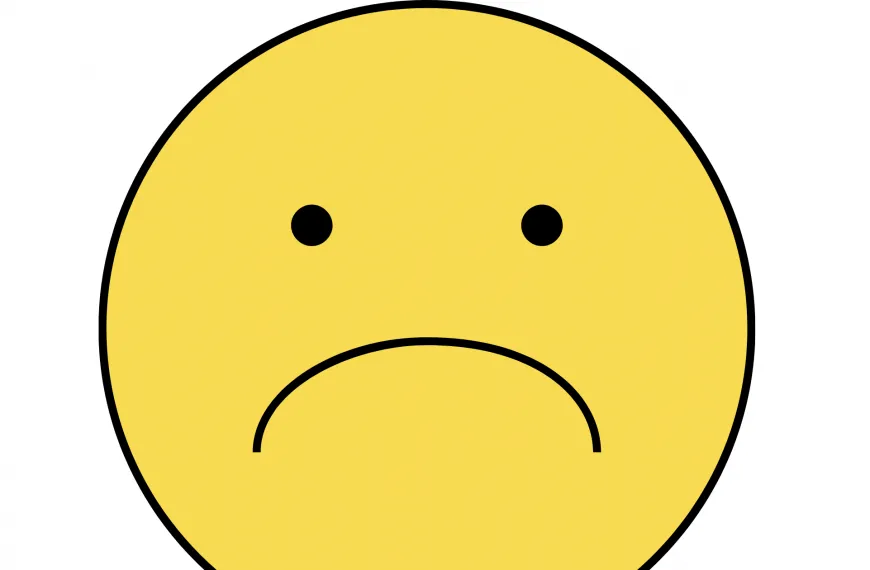
Rapid transformation of delivery channels and adoption of newer technologies has made communication a perpetual process. Several factors are now responsible for this unceasing flow. One such crucial factor is the rise of the internet as a global communication medium. The web as a mechanism for free flow of information has opened up new opportunities and challenges for individuals, businesses, public institutions agencies, et al. that employ digital technologies to reach out. The platform that the internet offers ordinary people to write, create, comment and report has led to an abundance of reactions.
The internet, once a medium for collaboration and interaction between individuals and a mechanism for information dissemination, has undergone several transformations. In its initial years, it revolutionised the computer and communication world like never before in the history of mankind. However, now it has become more like a deep and somewhat dank pool, in which factors like invisibility, lack of authority, and anonymity prevail, leaving us at the mercy of the darker side. Trolling is one such trend that has been on the rise with the growth of digital communication.
Trolling, in its elementary form, can be understood as a phenomenon in which a person typically posts cynical, extraneous remarks or off-topic messages in an online community. Here, a few individuals use the anonymity of the web to turn it into an outlet to vent their aggression, inflict psychological violence (sometimes with physical consequences), and sow disharmony. It is also a complete opposite of good netiquette.
Most people tend to confuse trolling with criticism. The confusion usually stems from a somewhat vague understanding of the terms in the context of web communication. Both are actually very different. Trolls use personal attacks on individuals with a motive of hurting their feelings or provoking them whereas criticism is a form of feedback in which an individual with honest and relevant arguments disagrees with one or more persons and informs them of the same.
Internet trolls can play with anything and everything a person says. They can hijack even the most non-aggressive or practical discussions and create mayhem. They usually do not have a particular individual in their sights unless he or she stoops to their level (and then it is merry war). Rather, they target multiple people in the same discussion or in different ones. Their activity ranges from mindless insults and somewhat clever pranks to violent threats and highly inflammatory or derogatory comments.
Despite multiple attempts to limit this practice on the internet, it is still widespread on social networks and everywhere else where users can post in relative anonymity. Trolls can be found in every corner of the web from popular social media sites such as Facebook, Twitter and Instagram to even the not so popular blogs and online forums.
It is true that the more connections you have on social media, the more possibility exists that someone or the other will disagree with you. However, trolls usually hijack public discussions rather than private ones. As such, one way to avoid them would be to restrict your followers to your family, friends and acquaintances only. For those of you who are using social media to promote yourself or your brand, it makes sense to stay calm and not get too flustered when you are at the receiving end. If it gets too derogatory, file a police complaint. The law enforcement agencies may be slow to proceed but remember the wheels of justice grind slowly but they do grind exceedingly fine.
On the flip side, though most of you may disagree, trolls do bring a sense of democracy to the web. In most cases, no pompous ass gets by them and they do engage in never-ending wars with each other over the web that keeps them busy and happy. Unfortunately, most of them – like each of us – forget how much our actions and words can hurt. In some ways, trolling is a manifestation of our times.
If you have the courage to be a kind and good person (in other words, you know the ground you stand on), do you really think trolls can hurt you or spend time on you? Their posts would be like water on ducks for you. Moreover, they would probably not look at you twice if they do not get any response. They have other and more reactive fishes to fry.
Nonetheless, if you do get rattled by what they have written and want to take on the fight to them, then Best of Luck. Just a small piece of meaningless advice (if you choose to take it) – do not let it affect your regular life.





